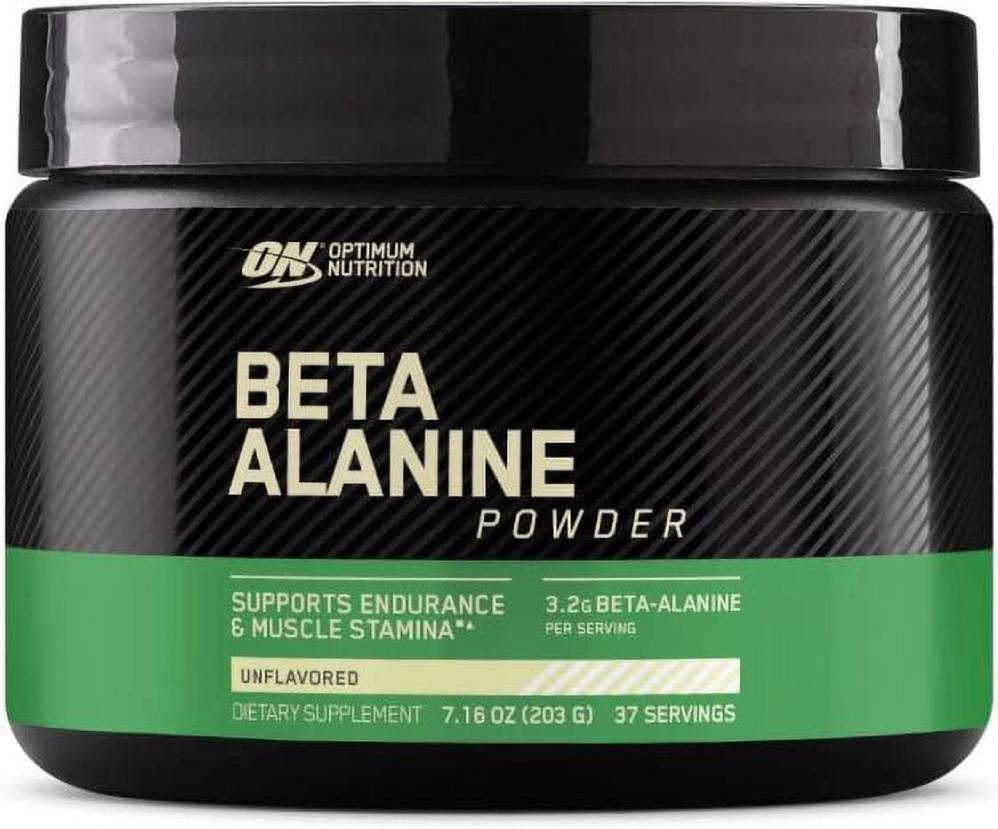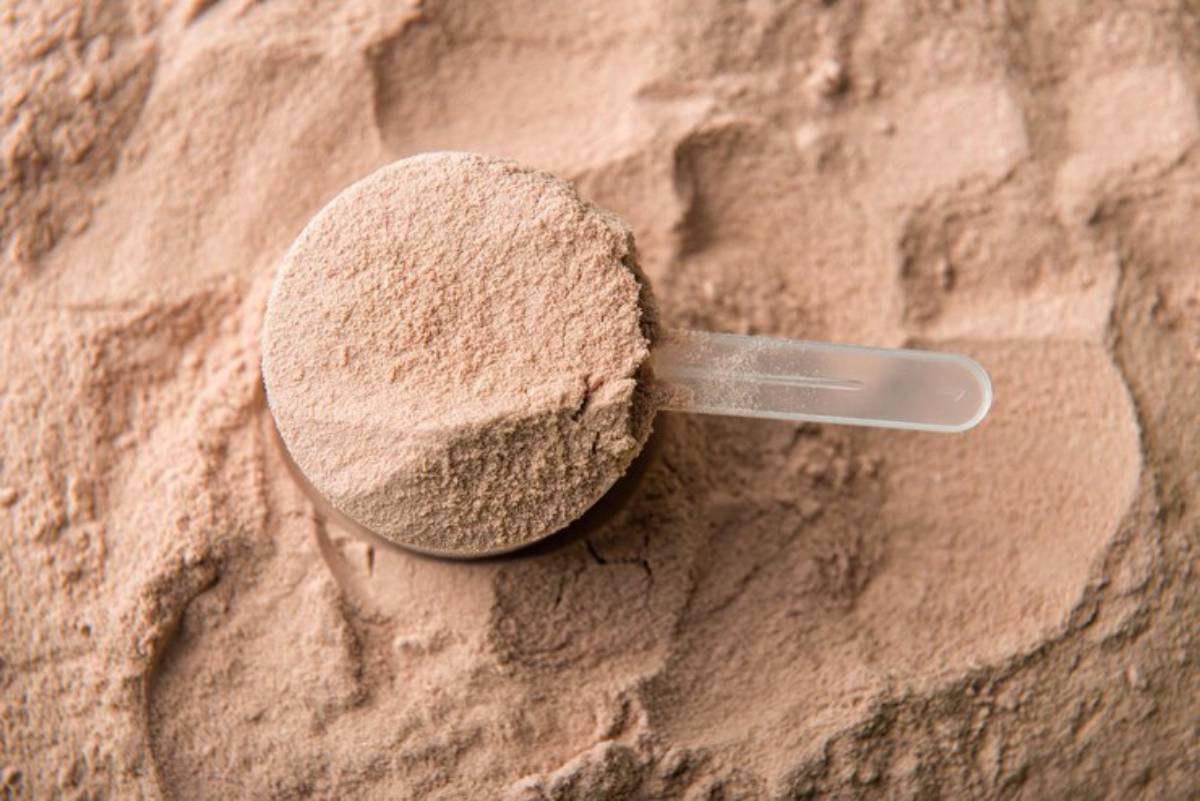
Fasted Training and Supplement Absorption
Ever hit the gym on an empty stomach and wondered, “Am I fuelling my gains or wasting my effort?” You’re not alone. Fasted training has become increasingly popular—particularly among those who train early in the morning or follow intermittent fasting. But there’s one crucial piece of the puzzle many miss how fasting affects supplement absorption.
This article dives into fasted workout supplements, the science behind absorption while fasting, and how to structure early training nutrition to get the most from every rep and every capsule. Whether you’re chasing fat loss, muscle gains, or simply convenience, understanding how your body processes nutrients in a fasted state could be a game-changer.
What Is Fasted Training?
The Basics
Fasted training involves working out without consuming any calories for at least 8–10 hours prior—usually in the morning.
Why People Do It
- Fat oxidation: Greater fat-burning potential
- Hormonal support: Boosted adrenaline and growth hormone
- Lifestyle convenience: Easier for early risers and intermittent fasters
But fasting changes how your body absorbs and utilises supplements, which makes strategy essential.
The Science of Absorption While Fasting
1. Faster Absorption for Some Nutrients
In the absence of food, certain water-soluble supplements (like caffeine or creatine) are absorbed more quickly due to faster gastric emptying.
2. Reduced Absorption for Others
Fat-soluble vitamins (A, D, E, K) and some amino acids require dietary fat for optimal absorption. Without it, their effectiveness may drop.
3. Heightened Sensitivity to Stimuli

Caffeine, beta-alanine, and niacin can hit harder when taken on an empty stomach. This can be a pro or a con depending on your sensitivity.
Fasted Training: Pros and Cons
Pros:
- Enhanced fat burning (especially in low-to-moderate intensity cardio)
- Convenience for morning exercisers
- Improved insulin sensitivity
Cons:
- Potential for muscle breakdown
- Reduced training performance for strength work
- Suboptimal nutrient utilisation for some supplements
Smart Supplementation for Fasted Workouts
1. BCAAs or EAAs
Why: Prevents muscle breakdown (catabolism) during training
How to take: Sip 5–10g before or during workout
Note: EAAs are more complete than BCAAs
2. Caffeine (100–300 mg)
Why: Improves focus, energy, and fat oxidation
How to take: 30 minutes before training
Tip: Be cautious with the dose when fasted—start low
3. Creatine Monohydrate (3–5g)
Why: Improves strength, power, and endurance
How to take: Daily; timing less crucial, but can be taken pre-workout fasted
Absorption Tip: No carbs needed, works well even in a fasted state
4. Beta-Alanine (2–5g)

Why: Buffers lactic acid, delays fatigue
How to take: Split doses, 30–60 minutes pre-workout
Side note: Expect the tingles!
5. Electrolytes
Why: Replaces minerals lost through sweat
How to take: Pre or intra-workout
Bonus: Choose sugar-free options to stay fasted
Explore When and How to Take Amino Acids.
Supplements to Avoid on an Empty Stomach
Fat-Soluble Vitamins (A, D, E, K)
- Require fat for absorption
- Best taken with meals later in the day
Multivitamins
- May cause nausea when fasted
- Save for your first meal
Iron
- Can upset the stomach without food
- Time it with food unless advised otherwise
Should You Eat Anything Before a Fasted Workout?
Strictly speaking, eating breaks the fast. But if performance is your priority, small strategic additions may be warranted.
Light Options:
- Half a banana or small fruit (if doing strength training)
- 1 scoop EAA in water (still debated whether it breaks a fast)
- Black coffee for stimulation without calories
Check Fasted Training and Supplement Absorption to see how early nutrition affects your stack.
Fasted Training and Fat Loss: Myth vs Science
The Theory:
Training in a fasted state forces your body to use stored fat as fuel.
The Truth:
- Yes, fat oxidation rates increase
- But total daily fat loss depends more on overall energy balance
- Fasted cardio may suit cutting phases, but not essential
Sample Fasted Training Stack
| Time | Supplement | Notes |
| 5:30 AM | Wake up + water | Stay hydrated |
| 5:45 AM | Caffeine + EAAs | Optional: Beta-Alanine or Creatine |
| 6:00 AM | Training begins | Add electrolytes to water if sweating |
| 7:15 AM | Post-Workout Meal | Include carbs, protein, and healthy fats |
Real-World Voices
Aarav (38, Cyclist)
“Fasted rides helped me stay lean, but EAAs were a must or I’d feel muscle loss quickly.”
Priya (30, Yoga & Weights)
“Adding magnesium and electrolytes made a surprising difference in energy and hydration.”
Lucas (25, Strength Athlete)
“Tried fasted deadlifts. Nope. Performance dipped. I now sip BCAAs and add a rice cake if needed.”
Fasted vs Fed: Which Is Right for You?
Choose Fasted If:
- Your sessions are short to moderate (under 60 min)
- Your goal is fat loss or metabolic conditioning
- You train early and prefer an empty stomach
Choose Fed If:
- You’re lifting heavy or for hypertrophy
- You need mental and physical energy
- You’re aiming for muscle gain
There’s no one-size-fits-all. Experiment and observe.
Tips to Maximise Fasted Supplementation
- Use capsule or liquid forms for faster absorption
- Space out multiple supplements (e.g., caffeine before, creatine after)
- Stay well hydrated before and during
- Use electrolytes with no added sugars to remain fasted
- Monitor how you feel and perform
Conclusion: Strategic Fueling for Fasted Success
Fasted training isn’t about skipping nourishment—it’s about timing it strategically. With the right fasted workout supplements and awareness of absorption while fasting, you can train hard, recover fast, and stay lean.
Listen to your body. Some thrive in a fasted state; others need fuel. There’s no magic formula, but with smart choices, early training nutrition can support your fitness goals without compromise.
Try It Out: Your Fasted Protocol
For one week, try your workouts fasted with supplements like caffeine, EAAs, and electrolytes. Track how you feel, perform, and recover. Compare with your usual routine. Then adjust.


